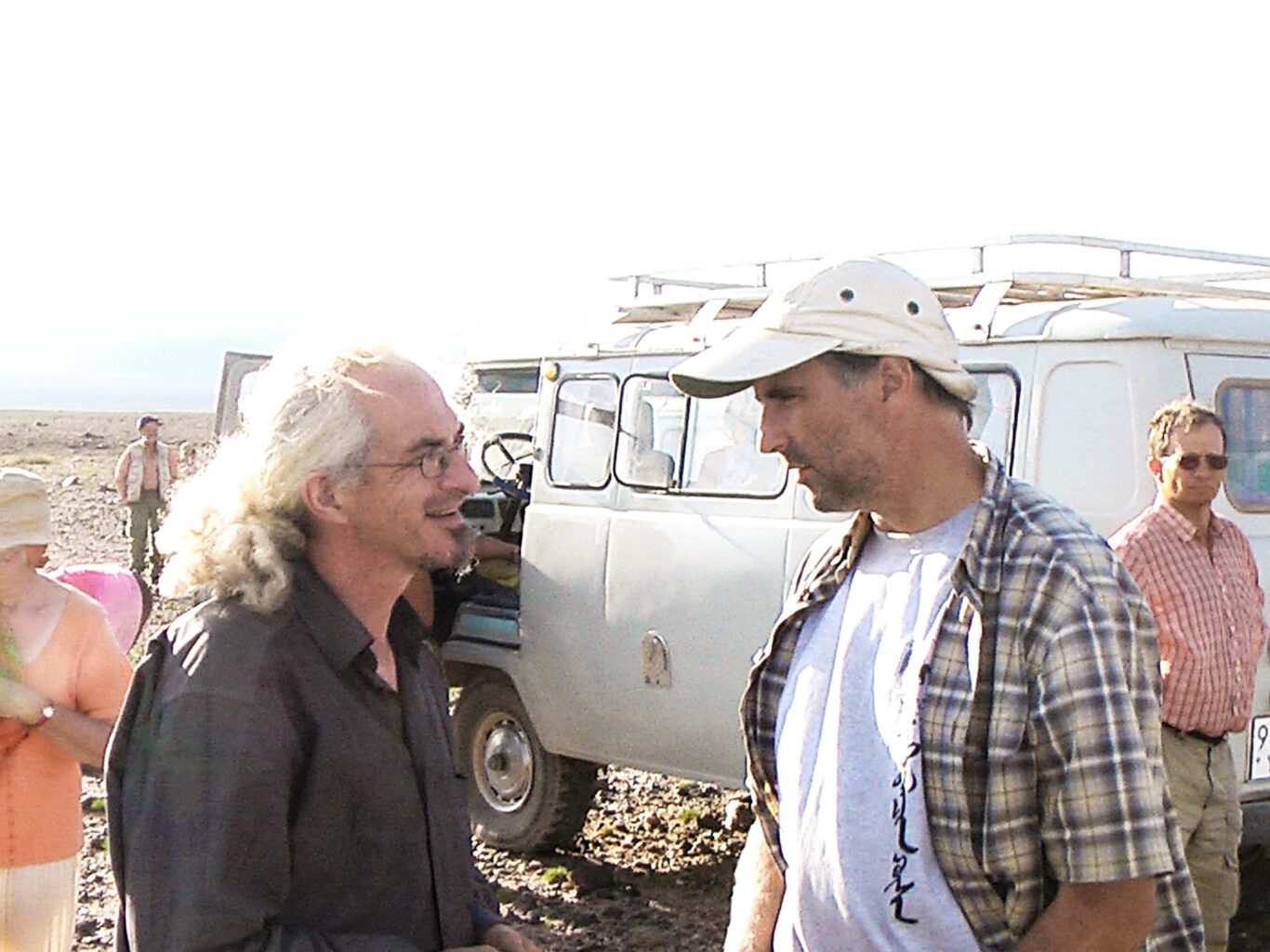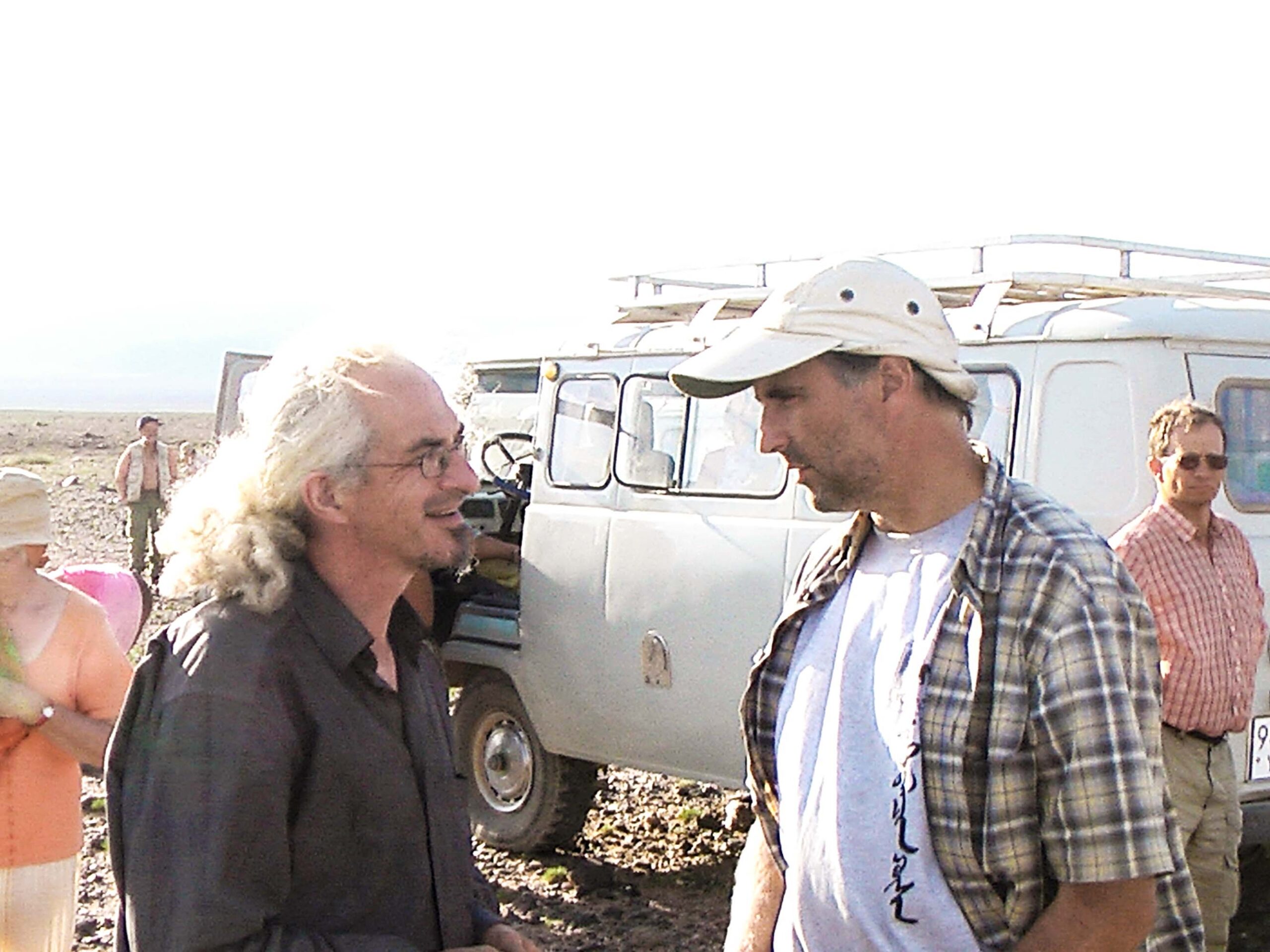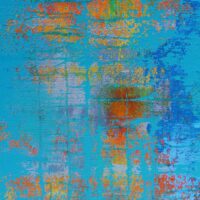«Imprisoned in self-glorification» – military analyst Lawrence Freedman portrays this typical hubris of a dictator in the current Russian president. What is repressed and darkened in the doppelgänger is no less pathological than when it is radiantly exaggerated. Recognizing them in communities and in one’s own soul creates peace.
«The futility of the Russian war against Ukraine is only surpassed by its brutality.» With this sentence, Lawrence Freedman, professor emeritus at the Institute for War Studies in London, begins his analysis of the peace possibilities of the raging war.1 The military analyst seems to have suspected such a conflict three years ago in his book ‹Ukraine and the Art of Strategy›. At the end of his current article, he writes that Vladimir Putin is trapped in his own lies and myths about the nature of Ukraine, and then shows the way to peace: both sides have great concessions to make, which must emanate from Moscow. Peace is achieved by a realistic assessment of the tragedy that Putin has inflicted on Ukraine as well as Russia. In view of the massacres in the Kyiv suburbs, however, this seems difficult to imagine. What sounds complicated can be summed up in a three-step process: delusion as a cause, meaninglessness as a consequence, and a sense of reality as a path to peace. This three-step process not only has a political dimension that naturally asks for political solutions, but also sheds light on all the places where a story is far from reality – in the soul or in the community. This blind imprisonment in one’s own myth – that a president dreams of a great empire and orders murder to achieve it – can only be compared to other historical horrors. Yet, this inhumane result stems from a very human phenomenon – blindness to oneself. It can be found at each level of the soul. Peacefulness, therefore, means becoming aware of one’s own self-narrative. How does this work?
The Sovereignty of Interpretation
Manfred Schmidt-Brabant made this question a topic at the Michaeli Conference in 2000. He used Rudolf Steiner’s topos of ‹Occult Captivity› – the shackles you don’t notice. He described how these invisible snares are often the most terrible. His board colleague Virginia Sease added that it is often ‹others› who have the key to this self-built prison.
On a study trip through Mongolia to the solar eclipse at the Altai Mountains, our Mongolian guide asked what ‹Anthroposophy› was all about. Before I, the tour guide, could answer, probably pulling out one of my stops, Helge Reitz, the head of the Mongolian trekking company, started. As a former development worker, he knew Demeter farms and had built up a picture of anthroposophy from it. He hit the core – probably better than I or other insiders could have done. It is probably part of the blindness of every community, especially if their cosmos of ideas is complex, that they think they are the only ones who can describe who and what they are. This perceived sovereignty of interpretation is then countered by the fact that from another perspective, precisely those who do not have this inner view are declared capable of judgment.

On an equal footing
When the Goetheanum Meditation Initiative met a few years ago at the Goetheanum for a major conference, Arthur Zajonc, former Secretary-General of the Anthroposophical Society in the USA, asked the 150 participants if they wanted to do something to increase the meditative life in anthroposophy. «Together with some friends, I want to make Rudolf Steiner’s class lessons eurythmic!» declared a young participant. Werner Barfod spoke up and offered his support – he had been working on these questions for 30 years. «No thank you,» she replied kindly. The auditorium laughed, as did Werner Barfod. It could not have come more beautifully into view that he cannot necessarily help youth, even with 30 years of study – perhaps he doesn’t know anything better, or his knowledge isn’t applicable. Not in the 21st century. This belief, this self-narrative that lifelong study of Rudolf Steiner’s texts naturally meant closeness and competence to anthroposophy, dissolved for those gathered. The fact that this could happen so cheerfully was probably due to the spiritual presence of everyone and Werner Barfod’s big heart. Solid images dissolve and thus the trenches that these images created disappear – at that moment, in the carpentry workshop at the Goetheanum, the gap between the anthroposophy-experienced and the inexperienced. Suddenly, everyone was in the same boat.
Ten years ago, journalist Babara Heitger asked Novartis CEO Daniel Vasella where he could get feedback and where he could find the conversation on an equal footing.2 «Forget that. You don’t get that because everyone has an agenda,» was his reply. Everyone has and pursues their own interests and therefore there is no friendship at this management level – that was the statement. Doesn’t this have to be possible precisely where the decisions are far-reaching and serious? Shouldn’t it be part of the competence of leaders to want to and be able to establish such an equal footing? Where decisions can sometimes mean life or death, the answer was found: in the operating room and in the cockpit, according to Lufthansa pilot Hans Rahmann. At least three mistakes would have to come together for a plane to crash. Pilots’ sense of status makes it difficult to draw each other’s attention to mistakes and admit mistakes. Only with female colleagues in the cockpit, according to Rahmann, did pilots learn to leave behind their self-narrative of infallibility and to develop an open relationship with mistakes. It sounds simple: a space in which one can dissolve their self-narratives or captivity in one’s own myths prevents accidents – and even war. Self-narrative expands through the narrative of the fellow human being. When we say to our neighbors how we see them, thus giving them the opportunity to expand their self-narrative, peace grows.





